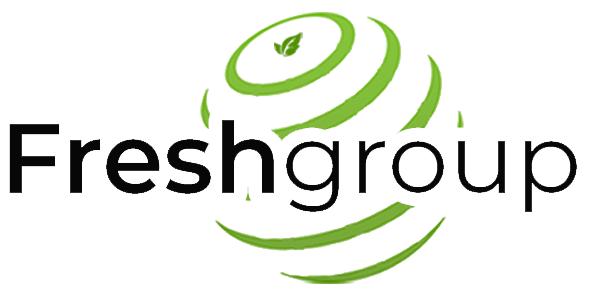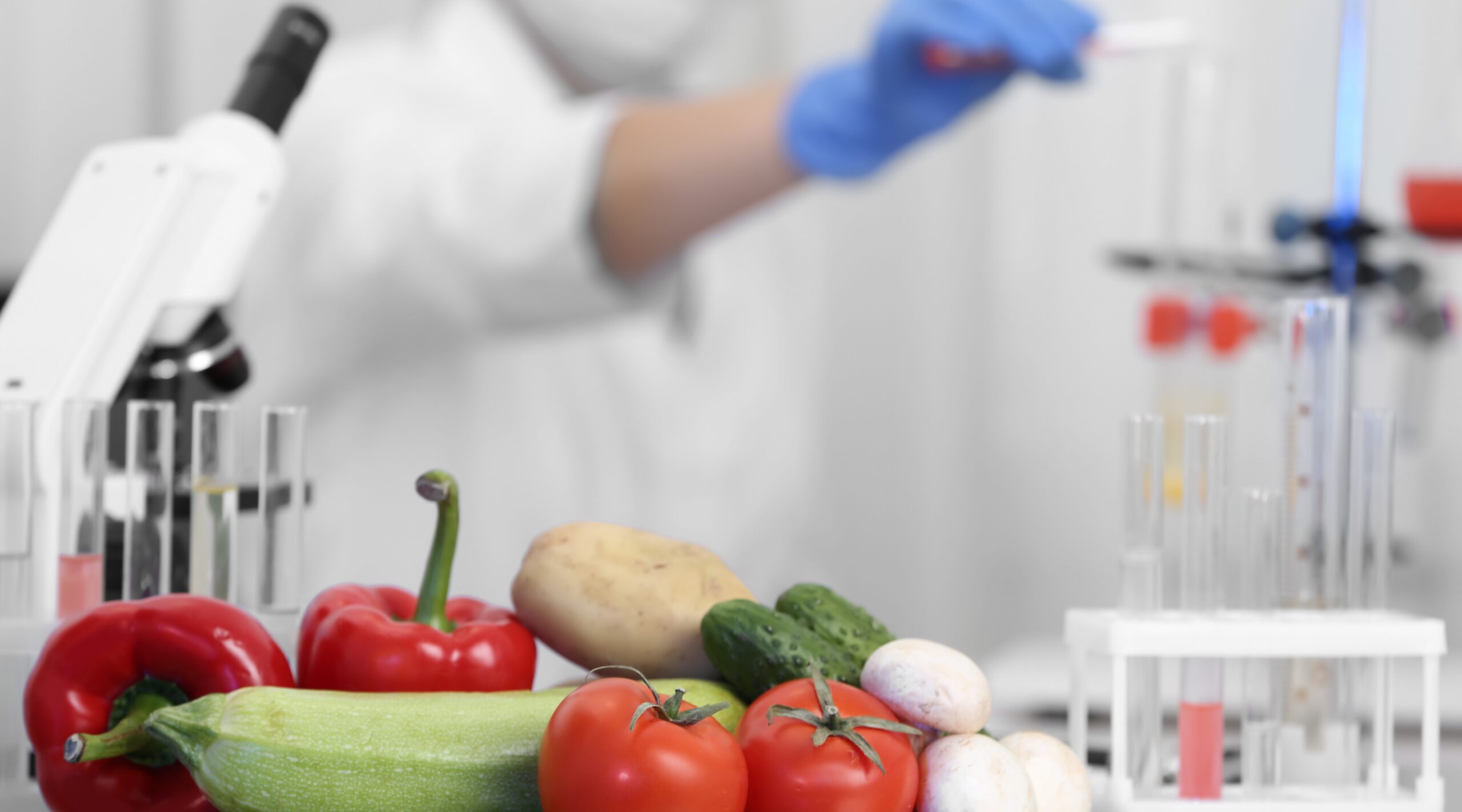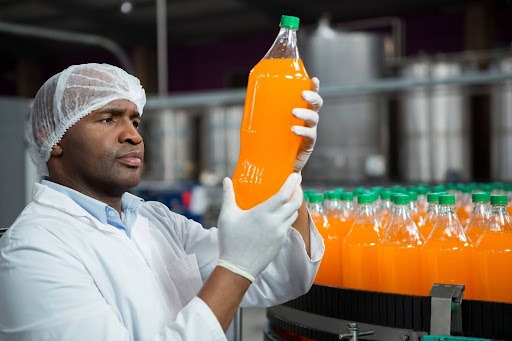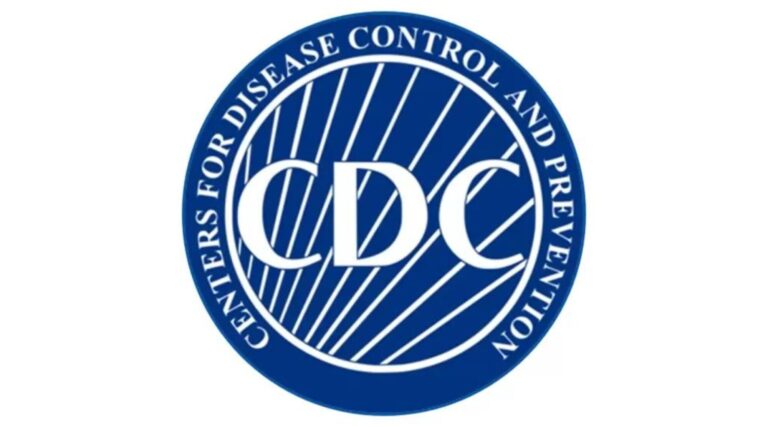When was the last time you thought about food safety? For many, it’s not something we ponder daily—but it’s more important than we often realize. Every meal we prepare, every dish we serve, and every snack we enjoy is a part of a larger system that depends on one thing: safety. Let’s dive into why food safety should be at the forefront of our minds, whether we’re chefs, food business owners, or everyday consumers.
Why Food Safety is Vital
At the heart of food safety is protecting people—your family, your friends, your customers. The goal is simple: prevent foodborne illnesses and ensure that the food we eat is safe for consumption. Contaminants like bacteria, viruses, allergens, and toxins can make their way into food at any stage—from the farm to your table. Without proper safeguards in place, the consequences can be severe, ranging from mild illness to life-threatening conditions.
Food safety isn’t just about avoiding sickness; it’s about trust. Whether you’re running a restaurant, food truck, or producing packaged goods, people trust you with their health every time they take a bite of your food. Keeping that trust means following food safety standards that go beyond the bare minimum.
The Real-Life Impact of Foodborne Illness
Each year, foodborne diseases affect 600 million people worldwide. These illnesses cause 420,000 deaths annually, according to the World Health Organization (WHO). Shocking, right? The worst part is that many of these cases are entirely preventable with the right food handling practices.
Imagine running a successful restaurant, but a single case of food poisoning spreads through social media like wildfire. In today’s digital age, your reputation can suffer irreparable damage within hours. It’s not just about the business loss—knowing that someone got sick because of preventable contamination is something no business owner or chef wants on their conscience.
Allergens: A Hidden Danger
Food allergies are on the rise, and they are not to be taken lightly. The tiniest trace of an allergen in a dish could mean life or death for someone with a severe allergy. This is why food safety practices also extend to allergen management. Preventing cross-contact between foods with allergens and those without can save lives.
Whether you’re running a kitchen or cooking at home, it’s crucial to be aware of potential allergen risks. Using clean utensils, cookware, and prep surfaces, and clearly labeling food items, can make all the difference.
Simple Ways to Improve Food Safety in Your Daily Life
Here are a few key tips that anyone can follow, whether you’re a professional in the food industry or cooking at home:
- Keep It Clean: Wash your hands, surfaces, and utensils frequently. Bacteria love dirty environments.
- Cook It Right: Make sure food is cooked to the right internal temperature. Undercooked food is one of the leading causes of foodborne illness.
- Store It Safe: Properly refrigerate and store food to prevent the growth of harmful bacteria. Always keep raw meat separate from ready-to-eat items.
- Watch the Clock: Don’t leave perishable food out at room temperature for too long. The “danger zone” for bacterial growth is between 40°F (4°C) and 140°F (60°C).
- Allergen Awareness: Be aware of what allergens are present in your kitchen and label food items properly.
Food Safety is Everyone’s Responsibility
Whether you’re in the food industry or just preparing meals at home, food safety impacts all of us. For businesses, ensuring top-notch safety standards can be the difference between thriving or losing customer trust. For families, it’s about protecting your loved ones from potential harm.
At the end of the day, food safety isn’t just about regulations or standards; it’s about showing care for those around you. So the next time you step into the kitchen, remember that safe food handling is more than just a chore—it’s a way to protect what matters most: people.
Stay safe, stay informed, and let’s make food safety a priority, every day!
What steps do you take to ensure food safety in your kitchen? Let us know in the comments, and share this post to spread awareness!
Reach out to Fresh Group Food Safety And Quality Consulting for any inquiries related to food quality and safety.




